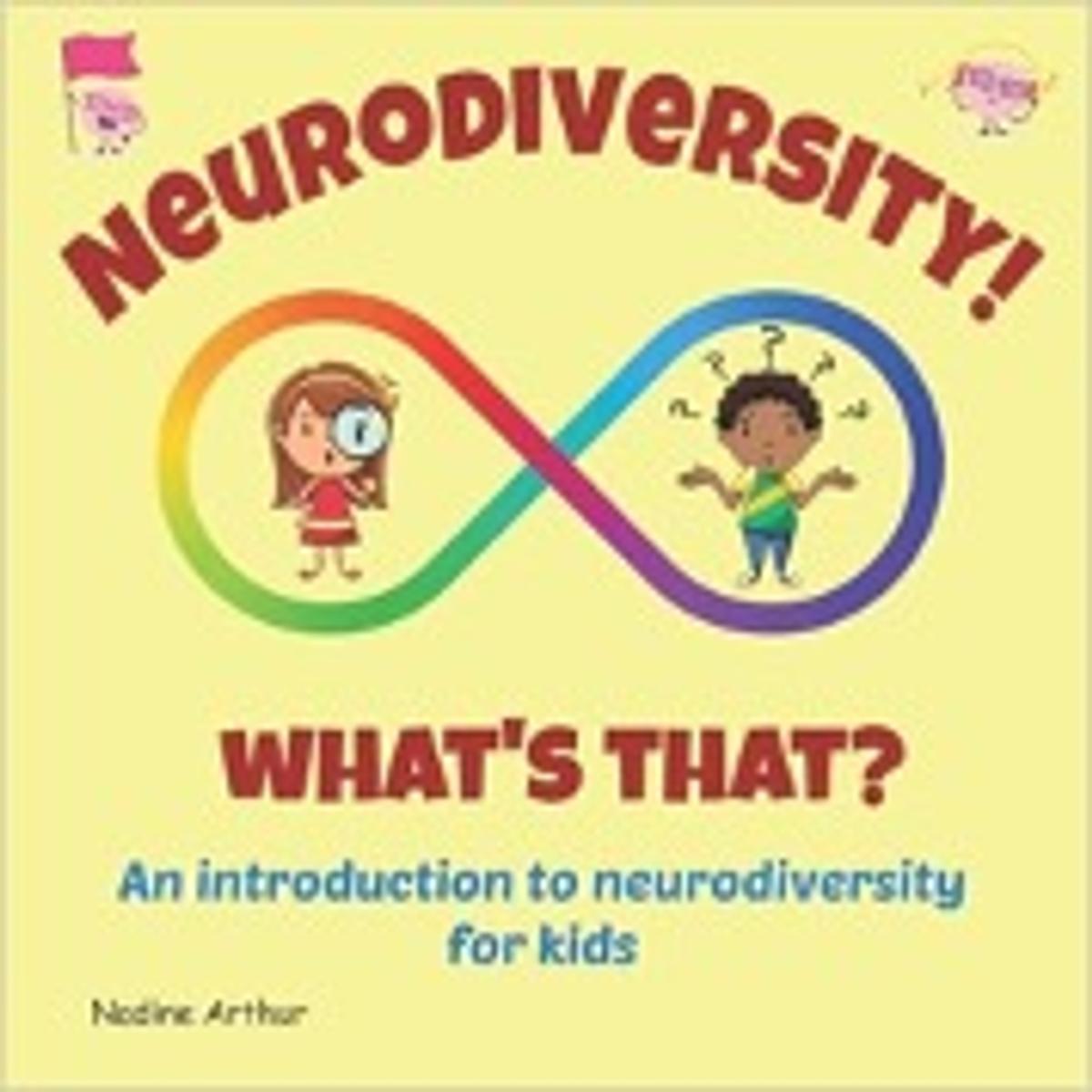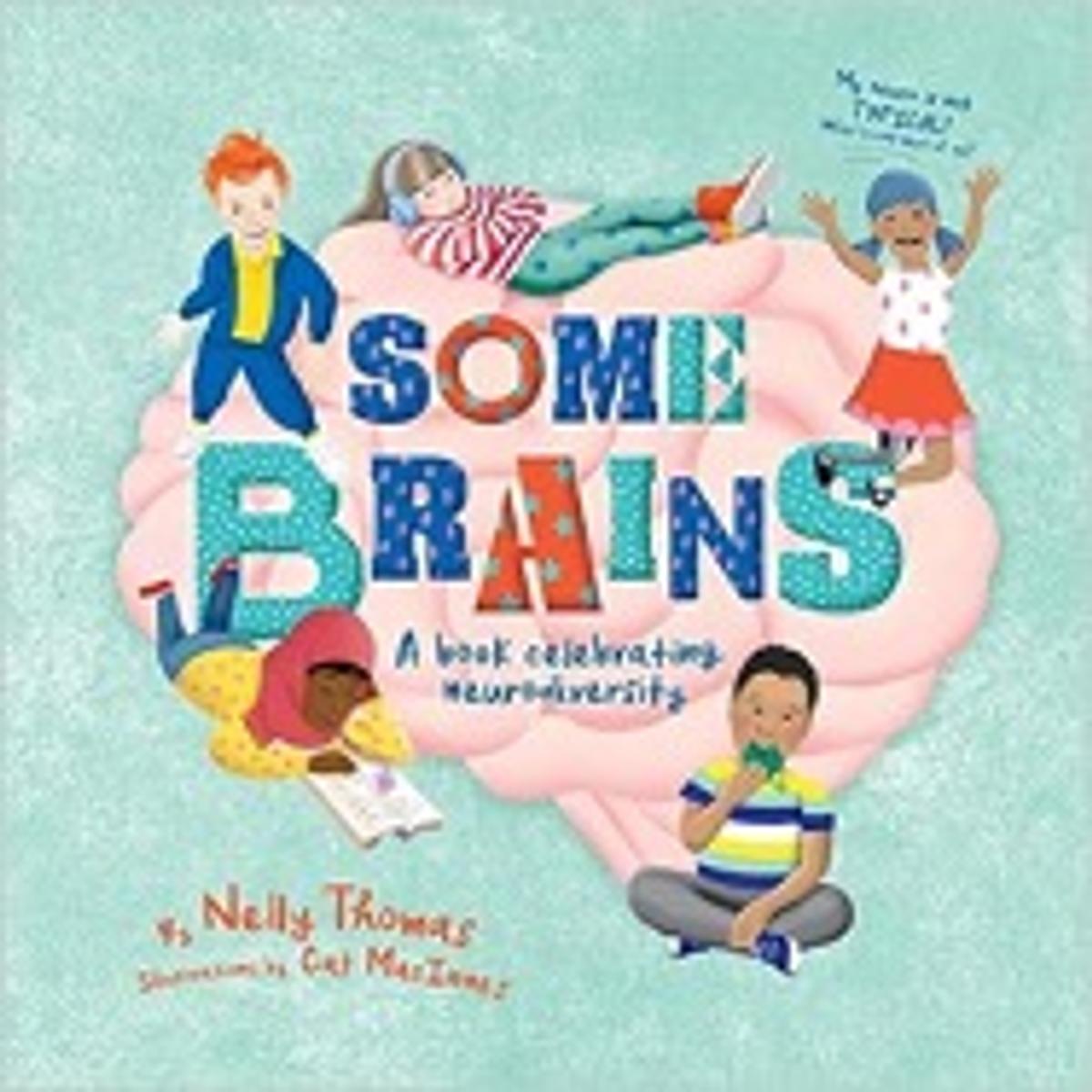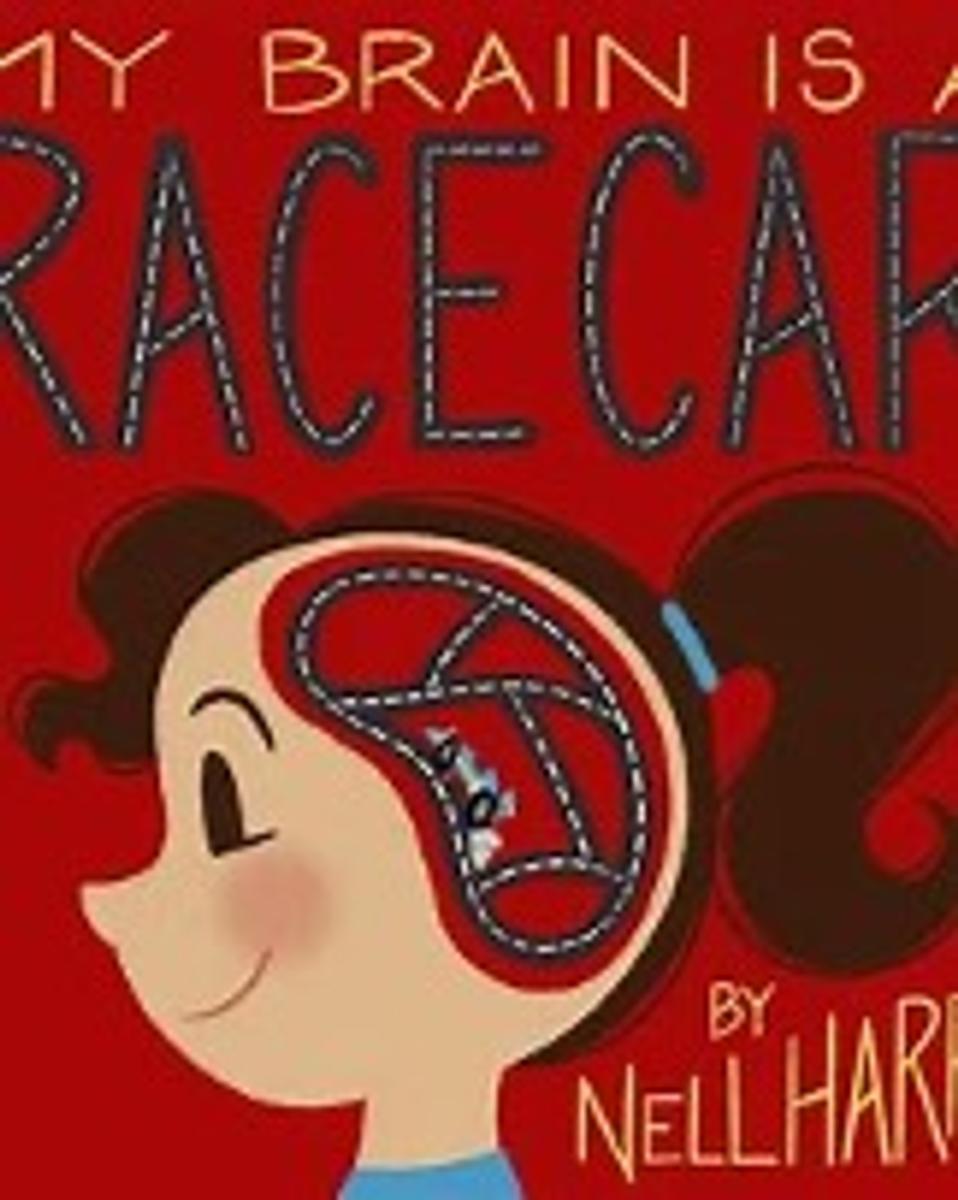AUTISM INCLUSION TEACHER
T3 2023

AUTISM INCLUSION TEACHER
T3 2023
Week 8
It’s been really good to meet and hear from many of you. I genuinely appreciate your time.
I thought I’d share some of the great resources that I’ve come across which may be of value for you and your families. When I look a resources, story books, contributors on social media the things I look for are:
-Positive Language- for example: using terms like Autism, Autistic person/ person with Autism and not ASD- Autistic people aren’t disordered; this terminology, whilst still heavily used, is outdated. Unfortunately, for too long neurodivergence has been seen in a negative light and deficit view; it is great to see so many resources being readily available that celebrates diversity, acknowledges difference and sees it through a positive lens. This helps to create positive identity and a sense of belonging, which is we all want.
Here are some of my favourites:








Neurodiversity! What’s That? is for children aged 7 and upwards.
This book is a fun introduction to neurodiversity written by a neurodivergent mum aiming to improve the self-esteem and confidence of children.
Neurodiversity! What's That? defines keywords and ideas shared by the neurodiversity movement. Such as how different brain types don't have to be viewed as disorders while not underestimating the challenges of thinking and learning differences.
The book includes many positive messages and can also help parents navigate the world (and language) of neurodiversity.
Neurodiversity! What's That? mentions autism, PDA, ADHD, dyslexia, dyscalculia, dyspraxia, dysgraphia and Irlen Syndrome.
Why is this book important? Children are reaching an ever increasingly early age when they search the internet independently. Neurodivergent children are then faced with a tsunami of negative information about themselves relating to their diagnosis. Disordered, impaired and not being good enough is the message we are all being told. But what if there was an alternative? There is! Understanding neurodiversity enables parents and children to learn about disability and differences positively, promoting self-esteem and acceptance.
Some Brains is the latest heartwarming and funny picture book by Melbourne comedian and author, Nelly Thomas. It starts from the premise that neurodiversity (conditions like Autism, ADHD, Dyslexia and the like) is a normal, essential part of human biodiversity - without it we don't get Picasso, Einstein or Greta Thunberg! Yes, neurodiverse kids sometimes require a bit of extra help and patience, but they should never be viewed as disordered. Some Brains encourages us all look for our strengths and to understand that brains are like fingerprints - uniquely, wonderfully ours.
Come explore The Brain Forest, which follows a mother and her son down the path of understanding the different ways brains can be. Brains that go fast, brains that go slow, brains that do what they're told, brains that say NO! A heart-warming read that helps celebrate neurodiversity without dismissing its challenges, and centers around building a strengths-based society where everyone is valued for what they have to offer. This book helps start conversations and offers ideas to the reader about what they can do to create more inclusive environment
My Brain is a Race Car - A story to help understanding a neurodivergent brain. Created and inspired by my daughters ADHD diagnosis, I wanted to gift her a book that help explained her brain's processes and needs. No big words or acronyms that result in 'what does that mean' and bring the child out of the story. "Brains are just like cars, they all drive round and round a track, picking up information and then bringing it back. Some brains are Race Cars that like to drive extra fast. Sometimes though, they forget to sop and fully complete a task.' But driving cars fast all the time and not servicing or maintaining them leads to overheating and burnout. We can apply that same logic to our brains.
On social media I find the following pages extremely insightful:
If you have any other suggestions of books, sites, blogs etc that you value please let me know.
Cass Humphrey
HEPS Autism Inclusion Teacher
Cassie.Humphrey574@schools.sa.edu.au

